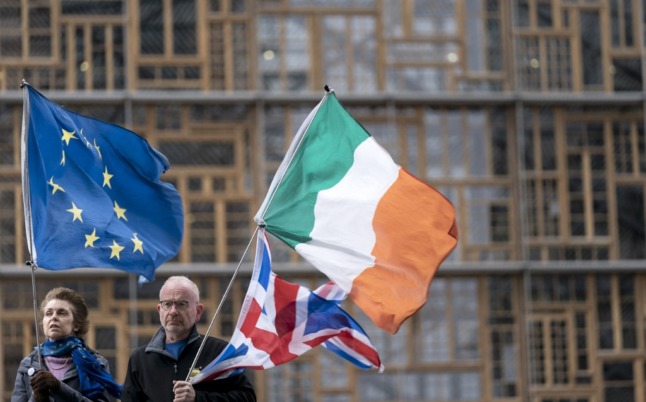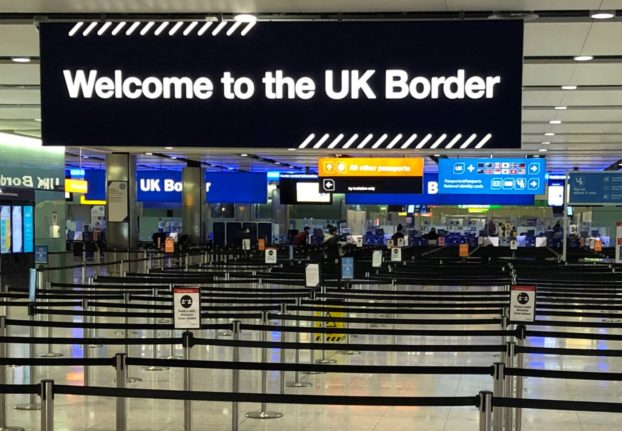Irish nationals, in common with all other citizens of EU Member States, can live, work, study, retire and travel in France without having to register with the authorities.
Through Freedom of Movement they also avoid the pesky 90-day rule.
This applies to anyone who has gained citizenship of any EU country, but Ireland’s generous approach to citizenship through ancestry means that it is a popular choice for non-EU nationals such as Brits, Americans or Australians who have Irish family connections.
But once you’ve got that precious passport, what next?
Moving to France
Residency – if you wish to move to France you can do so with a minimum of paperwork and there is no need for a visa or carte de séjour residency permit, although you may apply for one if you wish. For dual nationals, the Irish government says having the residency card ‘may facilitate dealings with French administration.
If you have a spouse or registered partner who is a non-EU citizen, then they are entitled to apply for a spouse visa as the spouse or partner of an EU citizen.
Visits – if you just want to visit France then you can do so with no need to limit your stays to 90 days in every 180 – as non-EU citizens must. There is no need for a visa for travel.
Work – if you wish to work in France, either on an ad-hoc basis or by moving here and working full time, then you may do so and have no need for a work permit.
Healthcare – if you move to France you need to register for a carte vitale to ensure that you are within the French health system – here’s how. The process of registering is not very different for EU and non-EU nationals, but as an EU citizen you will need to provide only your passport to establish your right to be in France.
Taxes – if you live in France you must file an annual tax declaration, even if you do not have any income in France. This rule is the same for EU and non-EU nationals.
EXPLAINED Who has to make a tax declaration in France
Voting – as an EU national you are entitled to vote in local and European elections, but not presidential elections. You will need to register to get your name on the electoral roll.
Already in France
If you are already in France you will be registered in various databases under your original nationality.
But if you then gain Irish citizenship and you wish to ensure you are considered an Irish citizen by the French authorities – which as shown above gives you some considerable advantages – then you need to inform all necessary administrative bodies.
The unfortunate truth is that you will have to contact relevant bodies individually, there is no magical button you can press to switch your status to Irish in all French government databases.
So you will need to re-sign onto the electoral roll to be able to vote in local and European elections.
You will have to contact CPAM to update the information linked to your carte vitale – this can be done online via your Ameli account.
If you are working you should inform your company’s HR department of the change, so that you are not incorrectly asked for proof of residency at any time in the future.
Basically, you should contact any official bodies that you may have already registered with under your non-EU nationality.
Each body is likely to want proof of your new citizenship before they make changes on their systems – so, in practical terms, there’s a lot of paperwork coming your way.
Travel
It may sound obvious, but if you want to benefit from European freedom of movement at the border, you need to make sure you are using your Irish passport to travel on.



 Please whitelist us to continue reading.
Please whitelist us to continue reading.
Just one detail: as an EU citizen you can indeed vote in European and local council elections but not departmental or regional elections.
“If you have a spouse or registered partner who is a non-EU citizen, then they are entitled to apply for a spouse visa as the spouse or partner of an EU citizen.”
I was under the impression that a non-EU spouse can join an EU citizen in France without a visa and then apply for a CdeS.